Lebanon’s Daily Star newspaper suspends print edition over fiscal difficulties
Lebanon’s only English-language newspaper, The Daily Star, has announced that it is suspending its print edition due to the financial challenges, nearly two months after staff members of the newspaper went on strike, saying salaries had gone unpaid for months.
“A drop to virtually no advertising revenue in the last quarter of 2019, as well as in January of this year, compounded the already dire financial situation that has ravaged Lebanese newspapers with the rise of digital media and years of dwindling spending on ads as a result of the years-old economic slowdown,” a statement issued by the Daily Star on Tuesday read.
It added, “The Daily Star apologizes to readers of its print edition and remains hopeful that it can ride out this storm until it passes, after which we hope to re-launch our paper version and return to newsstands as soon as possible.”
Several journalists have voiced their disappointment with the announcement, saying the measure leaves Lebanon with no traditional English-language printed daily newspaper.
“Sad news. The Star gave me incredible opportunities when I was starting out as a journalist. Hope it gets through this,” Finbar Anderson, who worked as a features writer for the paper, wrote in a post published on his Twitter page.
“The end of print for Lebanon's only English language print newspaper is a historical loss but sadly not surprising,” former employee and journalist Jacob Boswall said.
“In recent years it is no secret that the paper has come under significant financial pressure, leading to walk outs from frustrated staff members. Going online seems to be the only way to save The Daily Star’s reputation and name, which is well worth saving,” he added.
Back on December 5, 2019, More than a dozen reporters and editors at the Daily Star did not go to work. Some said they had not been paid in nearly six months despite working full-time.
“First it was a week, then two, then a month. Then suddenly we went for two or three months without anything,” Timour Azhari, a reporter at the English-language daily and one of those on strike said at the time.
“We've had promises saying the money is coming, we’re working on getting the money… but in the end, we have no money. So we've been pressuring, we've been holding meetings, we've been asking, sending emails. But generally we felt that our demands were not getting through,” he said.
The Daily Star published a blank edition in protest against Lebanon's political crisis and deteriorating economic conditions on August 8 last year.
The prominent daily appeared on newsstands with a black front page. “Lebanon" read the cover of the daily.
Each page bore a single phrase referring to one of the country's problems, including government deadlock, rising public debt, increasing sectarian rhetoric, pollution, unemployment and illegal weapons.
The back page had a photo of the cedar tree, which is the national emblem of Lebanon, with a caption reading: “Wake up before it's too late!”
The Daily Star was founded in 1952 and claims to be the first English-language newspaper in the Arab world. The paper said that its website and social media platforms will continue to publish.
Lebanon has been facing a very tough economic situation because of the failing policies of successive governments, which have led to the impoverishment of the people.
Growth in Lebanon has plummeted in the wake of endless political deadlocks and an economic crisis in recent years.
The country hosts 1.5 million Syrian refugees, and their presence is often blamed for putting pressure on the already struggling economy.
Unemployment stands at more than 20 percent, according to official figures.
The Lebanese Finance Ministry says the national debt is hovering around $85 billion, which accounts for more than 150 percent of Gross Domestic Product (GDP).
Successive governments have also failed to address a waste management crisis or improve the electricity grid, which is plagued by daily power cuts.
US-allied fuel tanker attacked by Iran still burning in Strait of Hormuz: IRGC
Attacks on hospitals, schools ‘strike at life itself’: Pezeshkian
Iran’s attacks on US bases ‘legitimate’ response to source of aggression: Araghchi
IRGC targets US intelligence centers, military depots in 11th wave of attacks
US-Israeli attacks damage 5 hospitals, medical centers in Iran: MP
Unlike US, Iran prepared for a long war: Security chief
Missile sirens will never stop in Israeli-occupied territories, Iran warns
Leader’s martyrdom will drive Iran to greater dignity and victory: Senior cleric


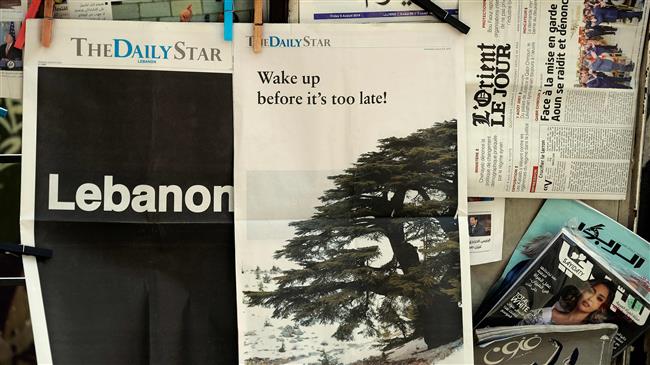




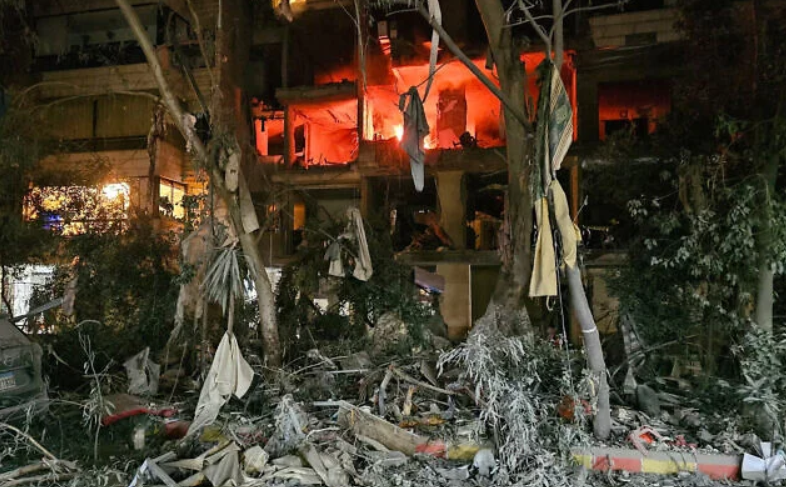
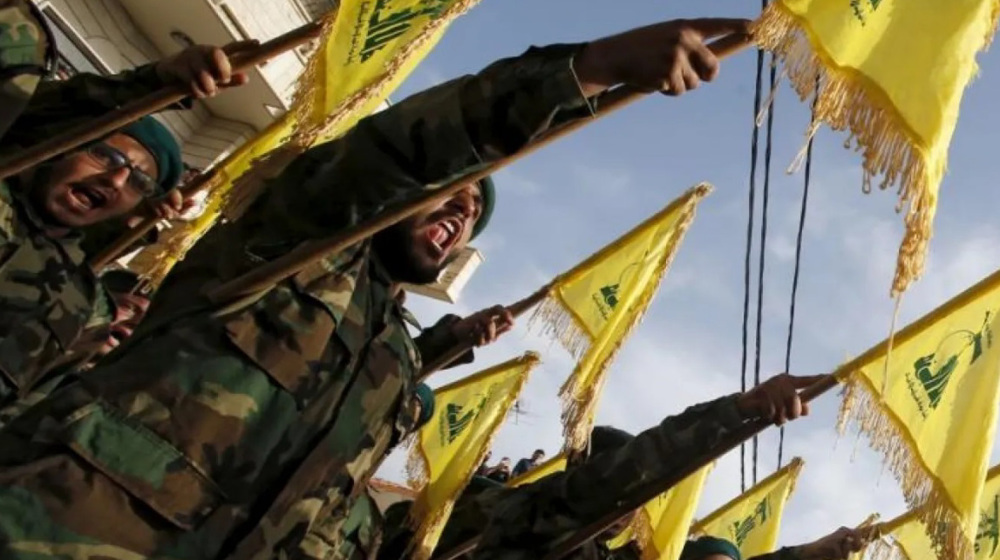




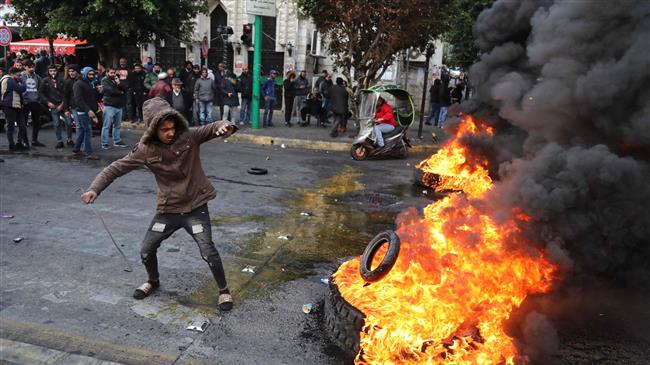
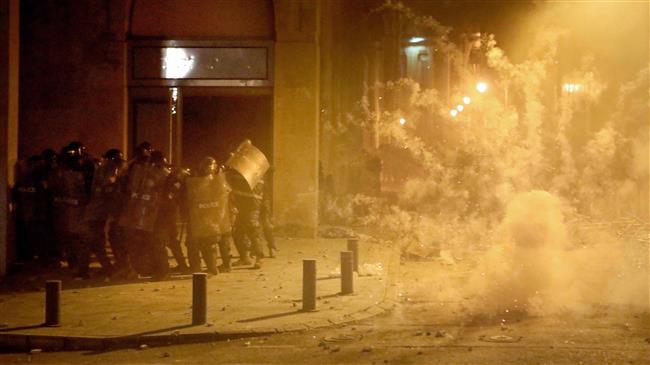

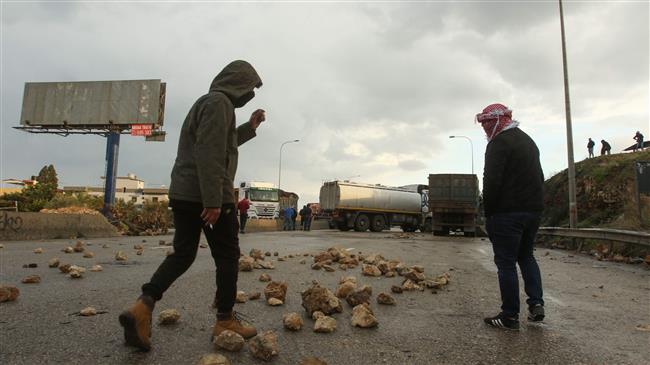

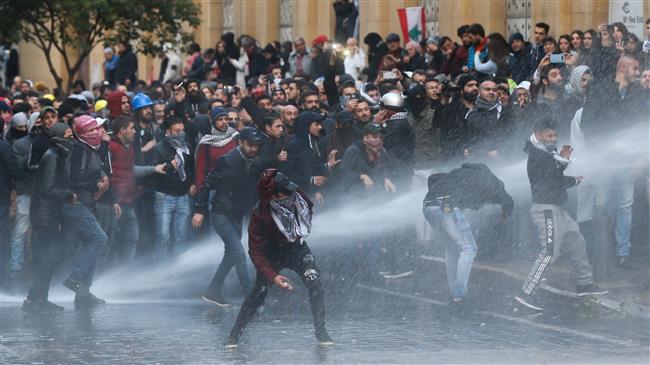
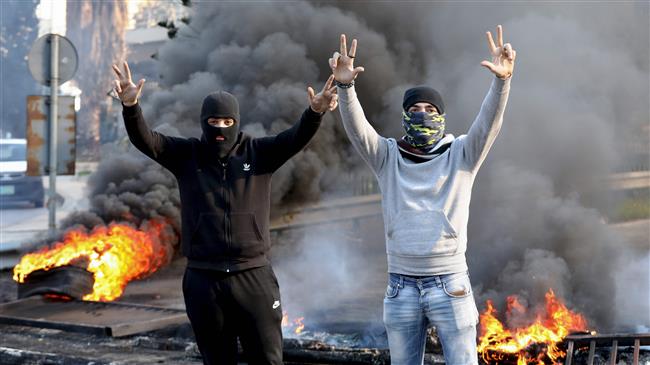
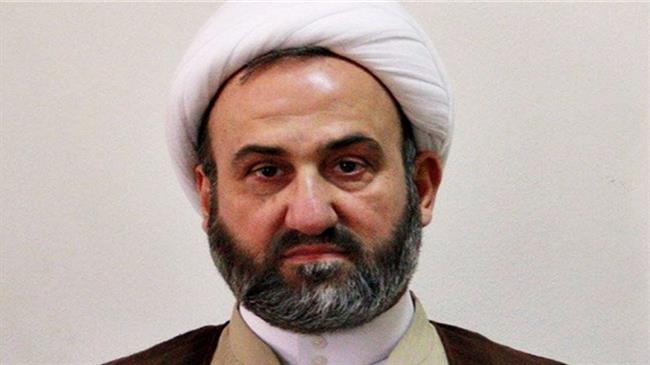

 This makes it easy to access the Press TV website
This makes it easy to access the Press TV website